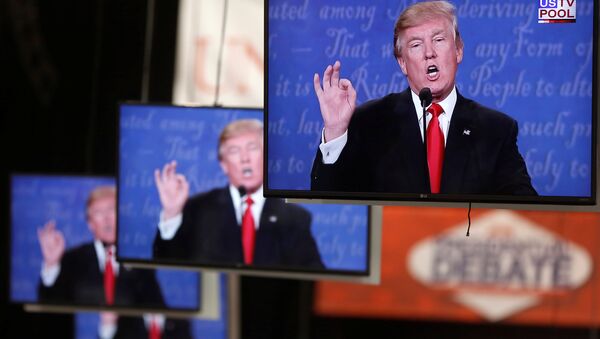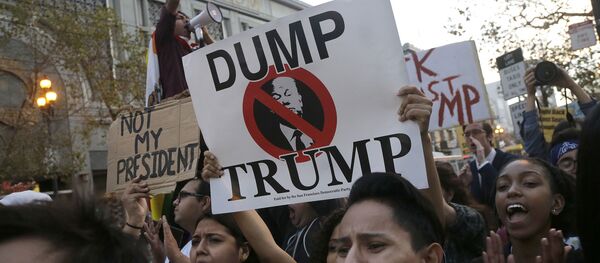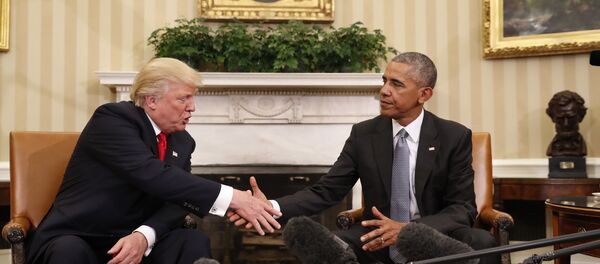On social media people are being kept abreast of demonstrations by following the hashtag #NotMyPresident. One “Not my President” event on Facebook already has about 11,000 people claiming that they will attend.
"Join us on Inauguration Day to make our voices heard," the page reads, "We refuse to recognize Donald Trump as the President of the United States, and refuse to take orders from a government that puts bigots into power. We have to make it clear to the public that we did not choose this man for office and that we won't stand for his ideologies."
Brian Becker, National Coordinator of the ANSWER Coalition, which is organizing its own action, explained that the January 20th demonstration will be the culmination of months of protests leading up to Inauguration Day.
"Trump represents the voice of those [who] want to carry out vicious racist attacks against immigrants, against the Muslim community, against people of color [and] he wants to ban Muslims." Becker remarked, observing that Trump’s extremely conservative stances prompted immediate protests from the moment his victory was announced.
He said the billionaire "represents all the xeonophobic, racist and bigoted positions that most people in the United States reject. That’s why there were instantaneous mass protests."
The earliest reactions to Trump’s elections were scattered protests on college and high school campuses throughout the US, and Becker said this a trend seen in most social movements throughout history. He pointed out that the Civil Rights Movement, Black Panther Party, the Anti-War movement and the Stonewall rebellion were all led by young people.
"It’s always young people that have the energy, the vision and the audacity." he said. "In many ways, even though their voices are never heard within the centers of power, they are the vanguard of movements for social change."



